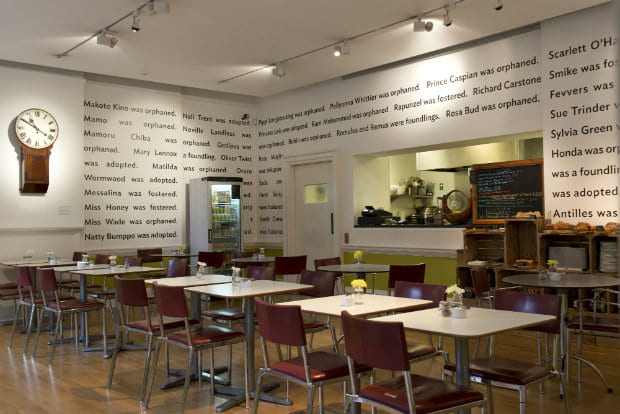What kinds of activities will encourage more students from disadvantaged backgrounds to keep studying science?
By Blog Editor, IOE Digital, on 29 March 2018
Tamjid Mujtaba.
I have worked on a range of projects as a mixed-methods researcher over the years although none as quite exciting as Chemistry for All, a longitudinal project funded in 2014 by the The Royal Society of Chemistry. Why is it exciting? Because I am confident that both the research design along with the sentiment of The Royal Society of Chemistry to tackle inequality in post-16 Chemistry participation will produce well-grounded evidence based policy recommendations.
The Royal Society of Chemistry have funded a £1 million five-year project with the main purpose of finding ways to widen participation in chemistry. Colleagues at the IOE and I are collaborating with partner universities to determine the effectiveness of a number of long-term innovative activities developed for schools with low (more…)
 Close
Close



